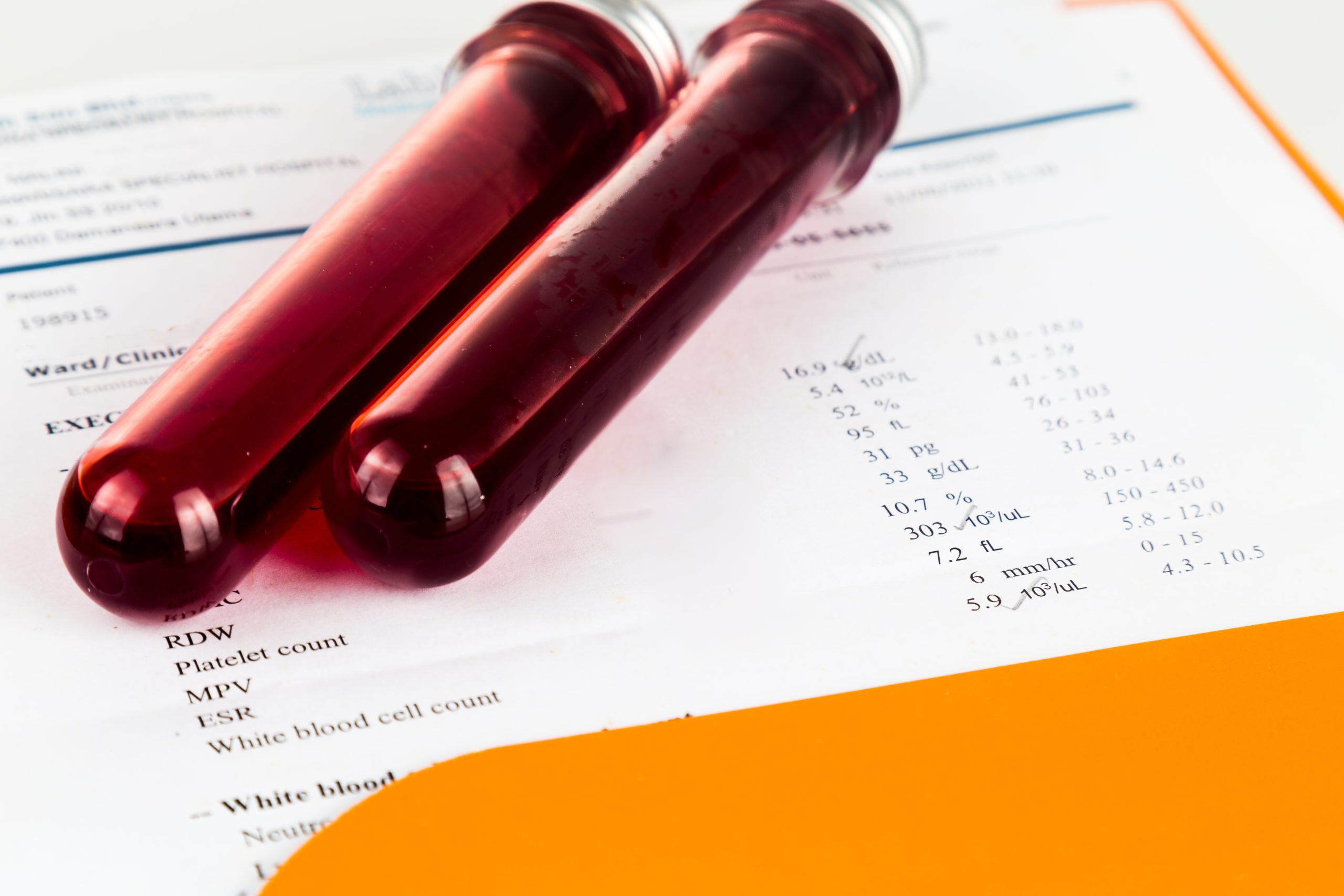What is a TUE?
Athletes, like other persons, may have illnesses or conditions that require them to take medications. If the medication an athlete is required to take happens to fall under the World Anti-Doping Agency’s (WADA) Prohibited List, a Therapeutic Use Exemption (TUE) can give the athlete authorization to take the needed medicine.
Athletes are not automatically granted authorization and must ensure they follow the appropriate process for their sport and competition level.
TUEs are only granted by National Anti-Doping Organizations (NADOs) such as the NADC, International Federations (IFs) and Major Event Organizers (MEOs) following a robust review process that is defined in the International Standard for TUE (ISTUE). In order to obtain an approval for a TUE, athletes must have a well-documented medical condition supported by reliable and relevant medical data.
